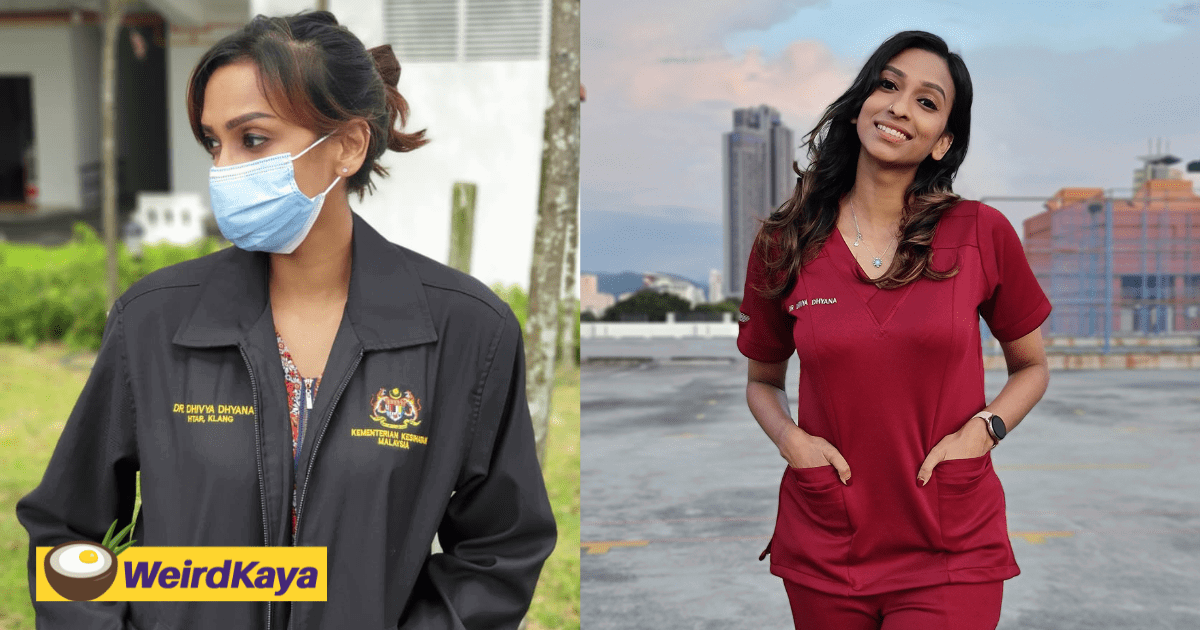Exclusive Story by WeirdKaya - Proper accreditation to WeirdKaya and consent from the interviewee are required.
In most countries, doctors are the lifeblood of its healthcare system as without them attending to and treating patients, it will collapse in the blink of an eye.
Over the years however, Malaysia has seen wave after wave of doctors leaving for better prospects elsewhere and WeirdKaya recently spoke to one who shared her story and the events that led her to relocate to Australia.
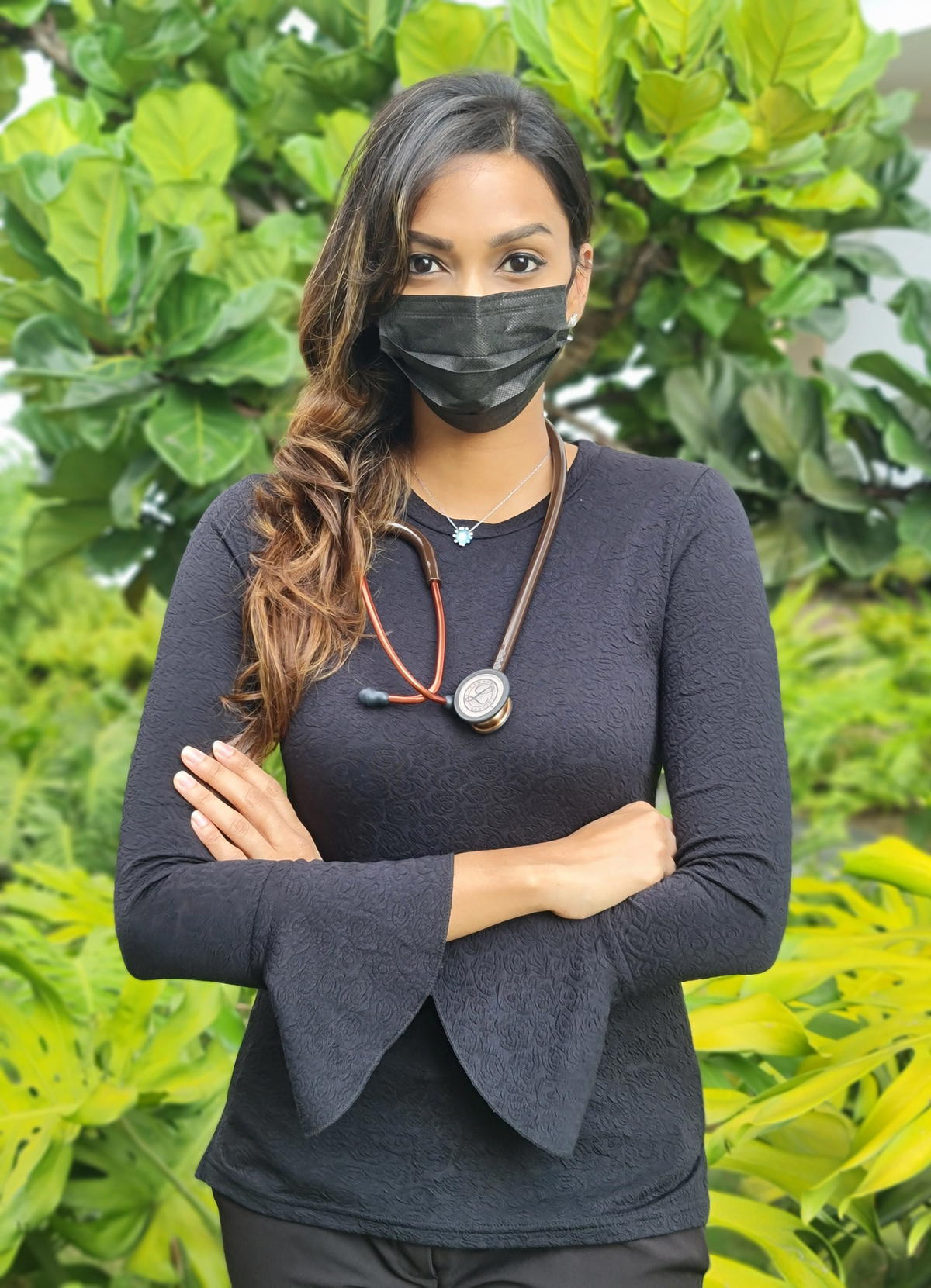
Nursing a medical dream
Born in Auckland, New Zealand, Dr Dhivya Dhyana Suppiah returned to Malaysia at the age of one and was raised in a business-oriented family, thus giving most the sense that she would go down a similar path when she was older.
However, Dr Dhivya had other plans in mind for herself.
“Growing up, I was driven by the desire to contribute for the greater good of society and considered studying either medicine, social science, or psychology.
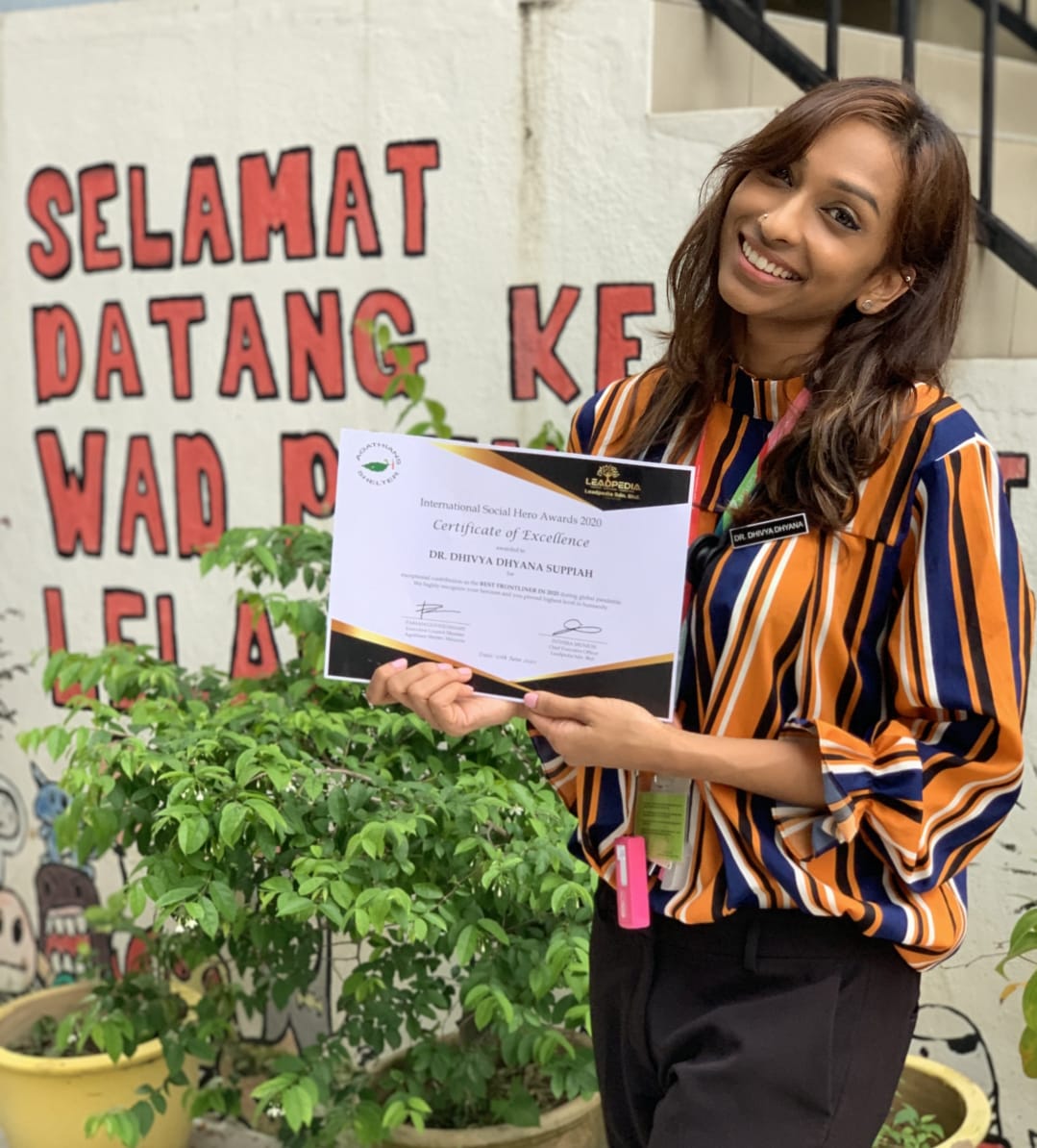
I eventually settled for medicine after scoring well for my SPM and A-Levels, but my parents wanted me to lead a comfortable life instead of a career which is very demanding physically and mentally.”
While Dr Dhivya acknowledged it was true, she emphasised that it all boiled down to one’s time management skills.
“It’s not just the medical field. Any serious profession would require you to contribute a lot of your time. To me, it’s all about how you balance your work and life.”
Thus, Dr Dhivya set forth on her pursuit of a Bachelor of Medicine, Bachelor of Surgery (MBBS) at IMU University, where she graduated in 2017 and became the first in her family to be a doctor.
She also revealed that during her studies, she went for vacations and took part in beauty pageants, where she emerged as the runner-up in Miss Malaysia Universe in 2016.
‘A diamond in the rough’
In 2018, Dr Dhivya was posted to the Klang General Hospital to undergo her housemanship, which, in her own words, was a journey that “shapes you into the kind of doctor you will be in the future.”
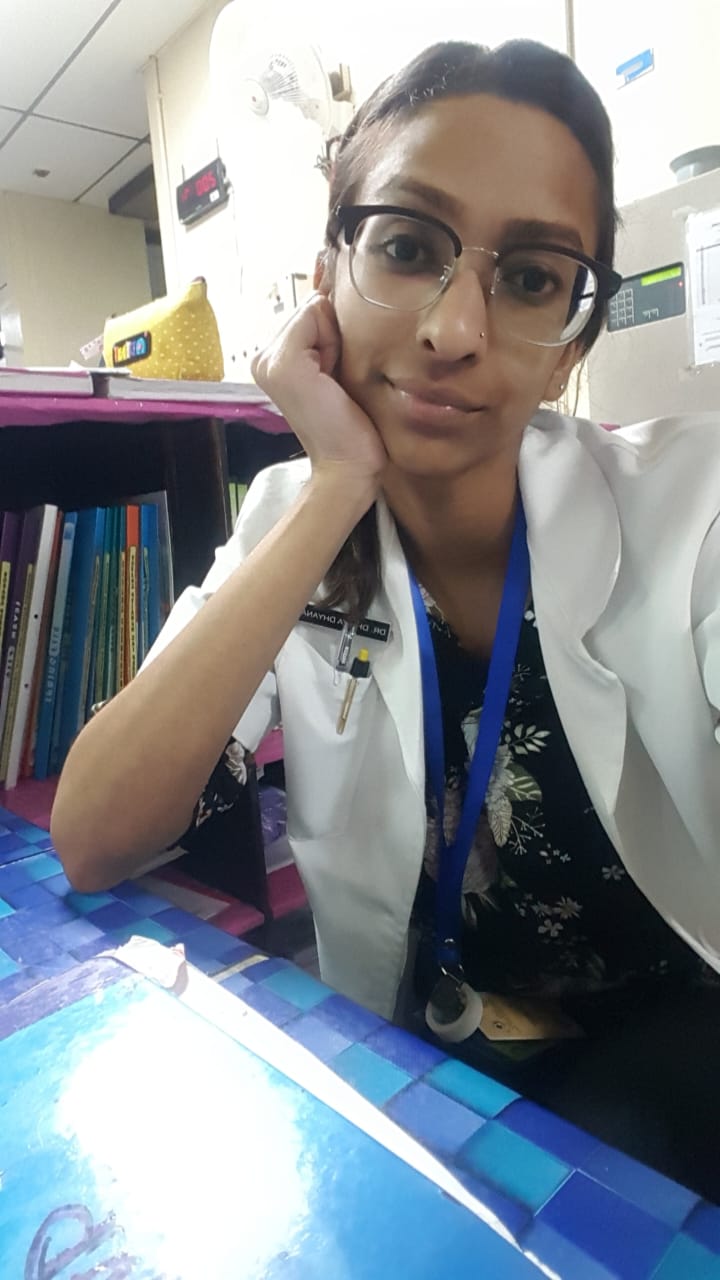
“When you get thrown into housemanship, you’re just a diamond in the rough waiting to be ‘knocked’ around and moulded into a shining jewel,” she explained.
She added that as a houseman, her daily routine mainly involves doing patient rounds such as examining and admitting patients and jotting down their medical history.
Aside from that, she is also tasked with inserting IV lines and drawing blood for laboratory tests. As Dr Dhivya puts it: “In a nutshell, you’re basically carrying out jobs for the patient.”
And as mundane as her routine might sound, it was rather tough, where there was a 30% quit rate during her housemanship.
“It wasn’t easy at all. There were days where I cried my eyes out due to immense pressure that comes by working 12-hour shifts for six days a week or getting yelled at by seniors.
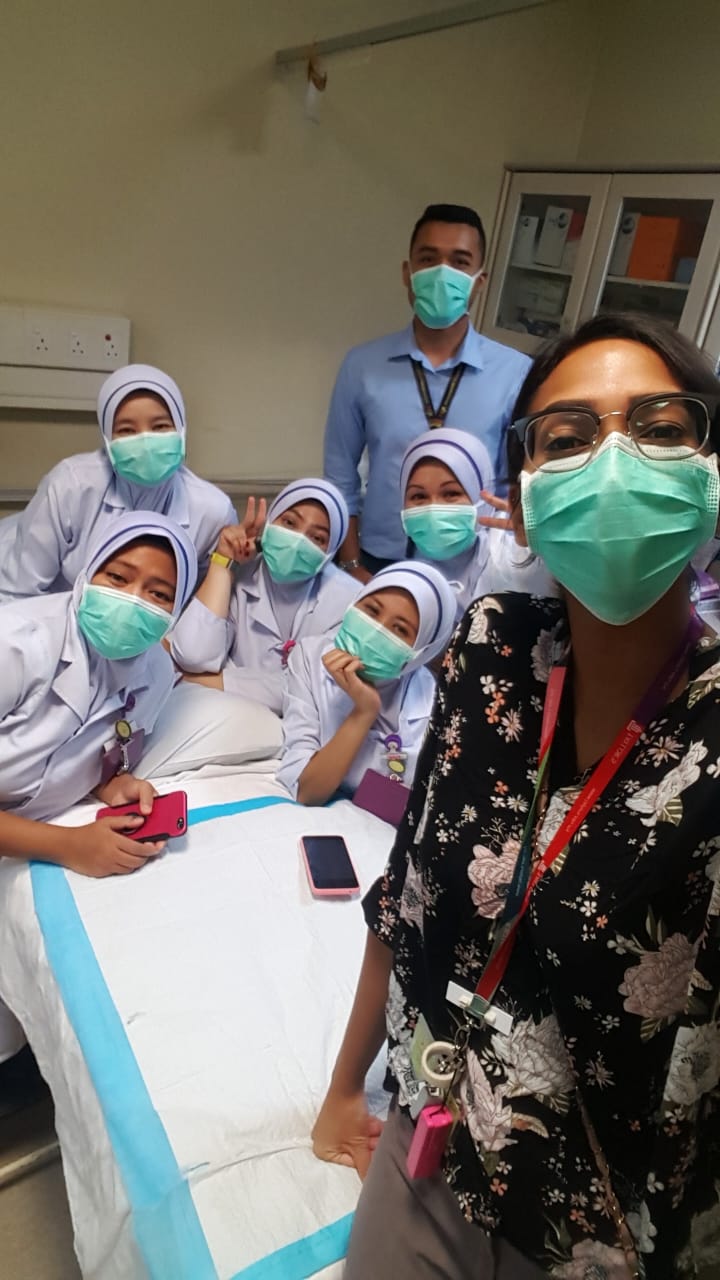
“But I’m a person who chooses to see everything in a positive light and thanks to my resilience, I was able to emerge from my housemanship relatively fine. Personally, it was a training ground for me so I’ll never complain about the tasks I had to do,” she said.
Despite the gruelling work environment, Dr Dhivya said she’s extremely grateful for her time as a houseman as it equipped her with various skills most junior doctors overseas were incapable of doing.
“Junior doctors overseas aren’t allowed to do most of the things we Malaysian doctors did during our housemanship, which is a great privilege for us and it definitely gave me an edge over other doctors here in Australia.”
After two years, Dr Dhivya completed her housemanship at Klang General Hospital and was posted to the Serdang Hospital, where she began her tenure as a Medical Officer (MO) before her career took a much different turn.
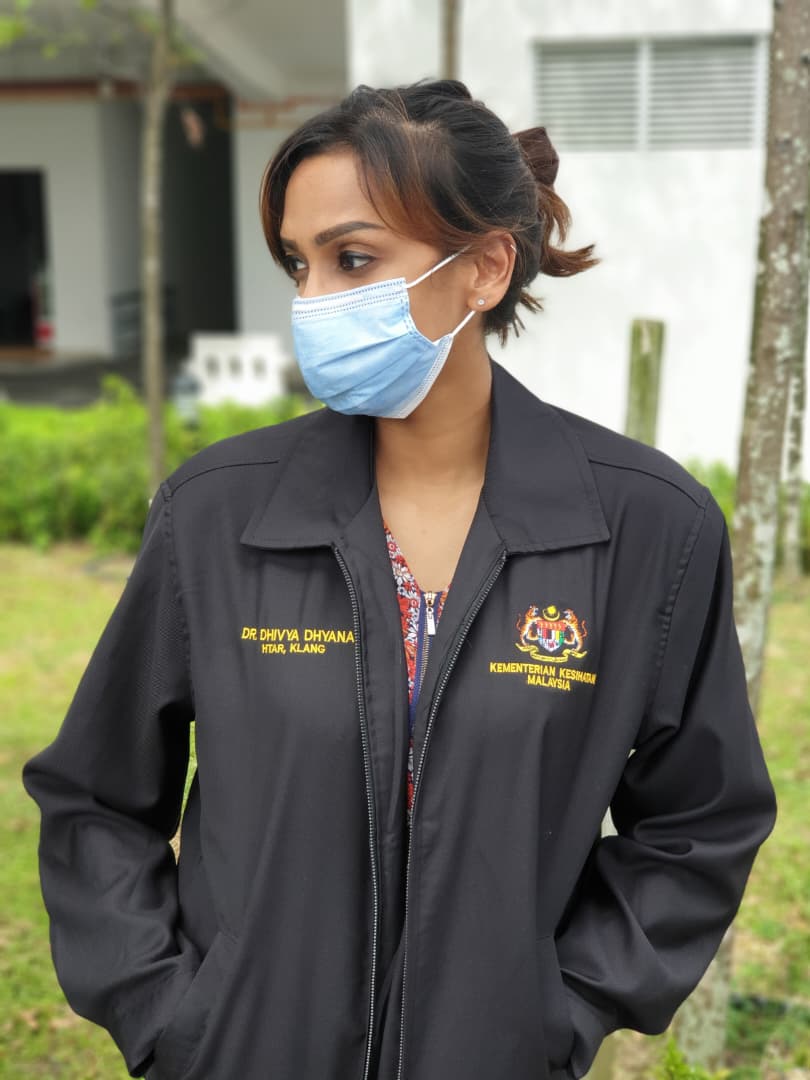
Not an overnight decision
Back in May of this year, Dr Dhivya shared a post on her Instagram account where she bade farewell to the Ministry of Health (MOH), adding that she gave it “more chances to change than her past relationships.”
While many took to the comment section to congratulate her on leaving MOH for good, Dr Dhivya explained that there was actually more to the post.
“From the start, I’ve always wanted to try my hand at different healthcare systems. In fact, I was looking to move to New Zealand as I had passed all of the necessary exams back in 2017.
“However, circumstances changed as I had personal matters to attend to and the Covid-19 pandemic hit. I could have chosen to leave, but I didn’t as I felt it wasn’t the right time to do and Malaysia’s healthcare system was really struggling at the time,” she said.
As such, Dr Dhivya spent four months tending to patients at the height of the Covid-19 pandemic and when the pandemic slowly began to subside in 2022 and borders were reopening, she finally decided to make the move in starting her new journey.
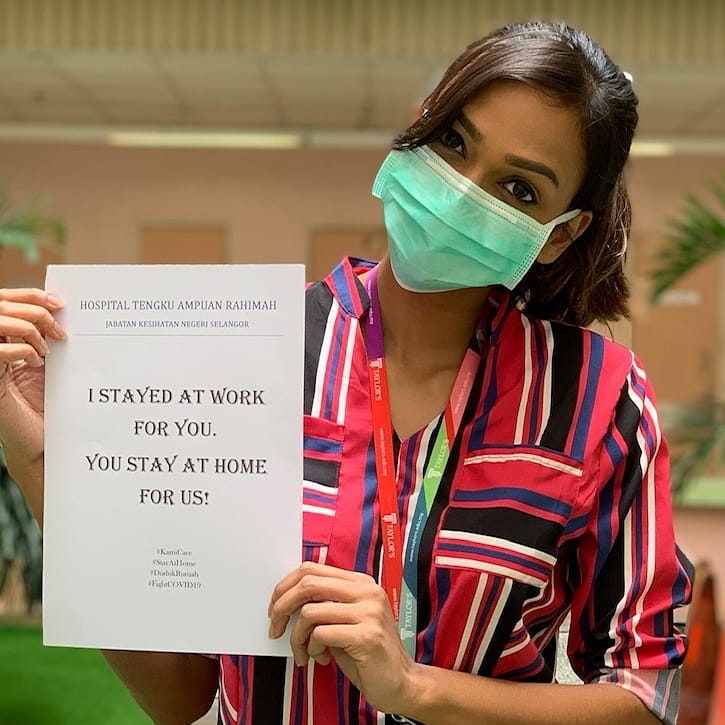
“I later chose to settle in Australia instead as my brother was living there and after passing all of the exams, I was able to get a job quite quickly thanks to my past clinical experience, work with non-governmental organisations (NGOs), and participation in free medical camps.
In short, I didn’t leave because Malaysia’s healthcare system was bad, poor, or toxic. If I had no other option, I would have stayed. But I left because I had the opportunity to do so.
“Many assume that moving elsewhere is simply packing up and leave, but there’s so much to do beforehand such as sitting for tons of exams, where you need at least RM40,000 on hand if you even think of migrating.”
‘Grass is not always greener on the other side’
Since moving to Australia, Dr Dhivya has enjoyed several perks that comes with her position as a Registrar, such as being paid for overtime work and able to take leave whenever she wishes to return to Malaysia to visit family.
While she’s grateful for the benefits she currently enjoys, Dr Dhivya warned against acting compulsively in moving overseas just because someone they know is doing well there.
“I won’t go as far as to encourage others to pack up and leave cause it’s not easy working in Australia either. I’ve seen many Malaysians moving over here, only to return home much later as they can’t cope with high taxes, demanding patients, and a highly-structured work environment.
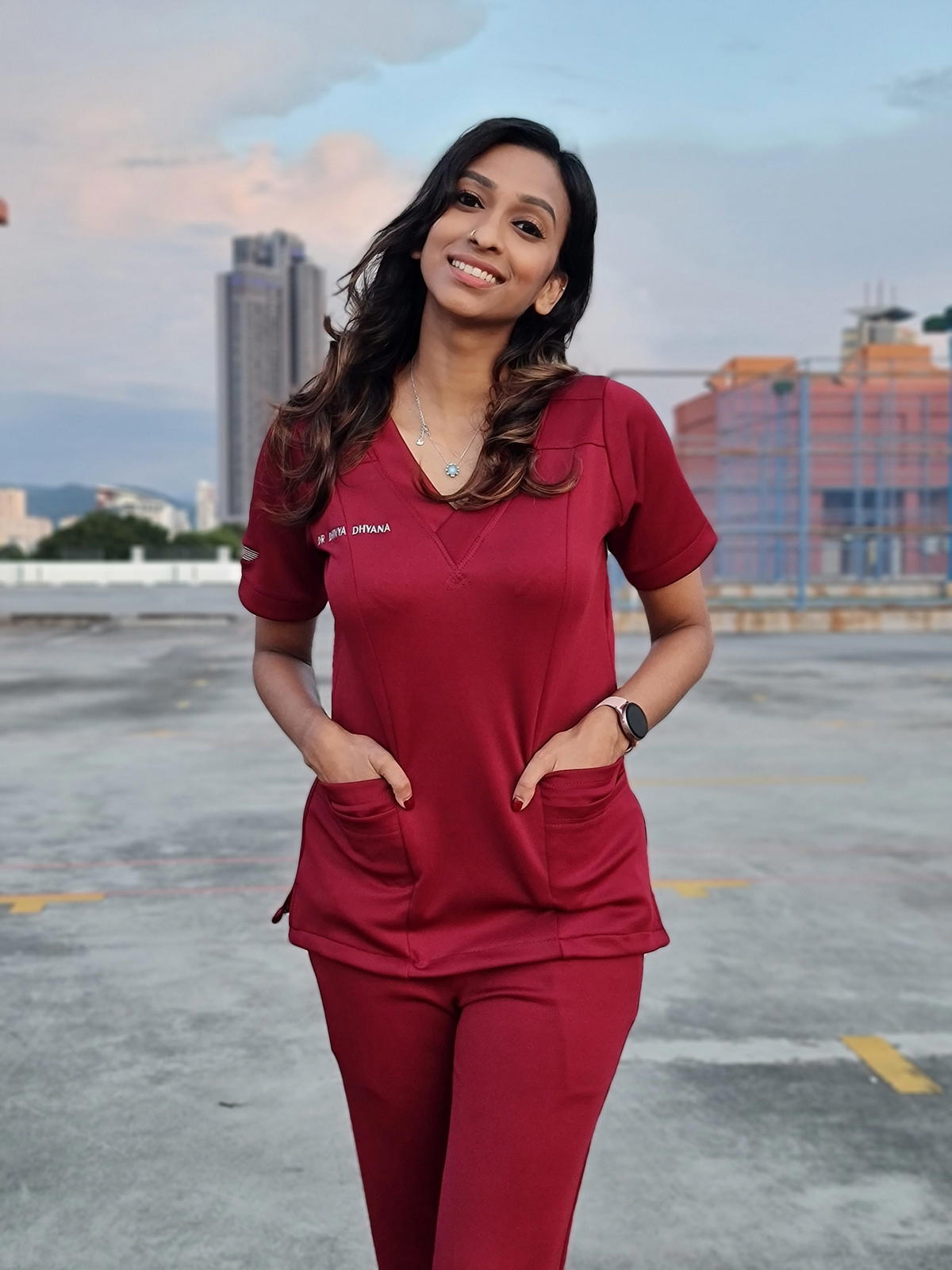
The grass is not greener on the other side. It’s only greener where you water it.”
To Dr Dhivya, it all boils down to what one is looking for in their personal and professional life and doing their utmost to ensure it is a life that they’re happy with.
“A lot of my friends are happy where they are in Malaysia, while there are many who are unhappy too. Thus, if at any point in your life you’re unhappy with your job, it’s your responsibility to change your environment.
“At the end of the day, you need to know what you want, or don’t want for the very least. If not, you’ll just be running in circles but not feeling satisfied. It’s about how you utilise existing opportunities and privileges.”
Exclusive Story by WeirdKaya – If you wish to reproduce this story, please ensure that you obtain consent from the interviewee to maintain factual accuracy and avoid the potential spread of misleading information.
If referencing or using any information from our story, we kindly ask that proper credit is given, along with a backlink to WeirdKaya, as acknowledgment of the efforts made by our editors in sourcing and conducting interviews.
READ ALSO:


